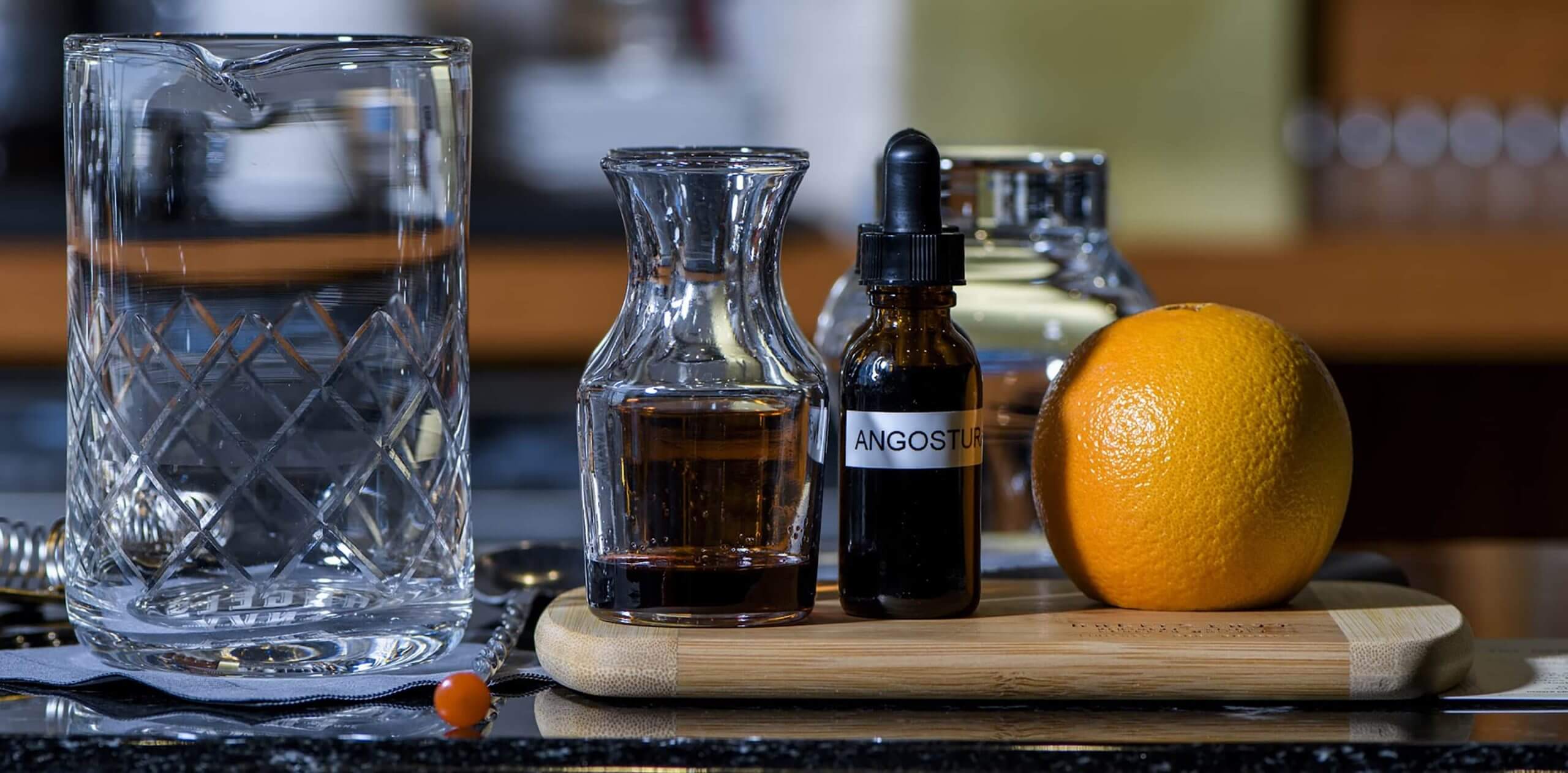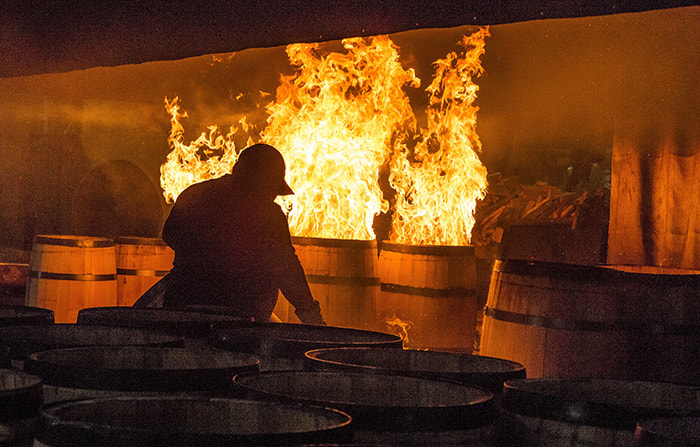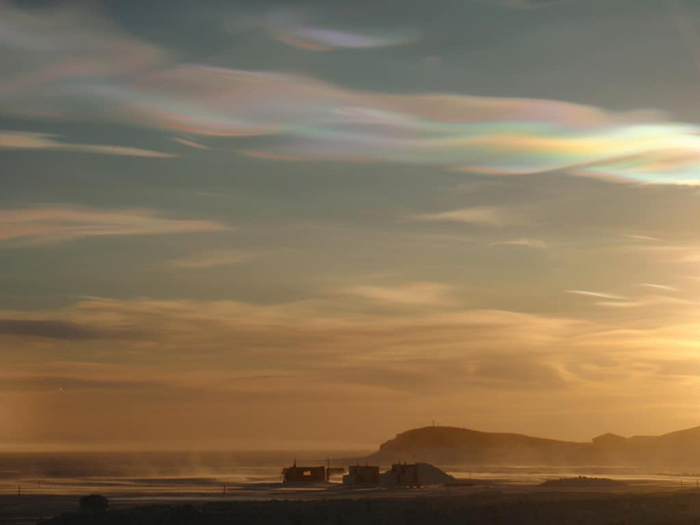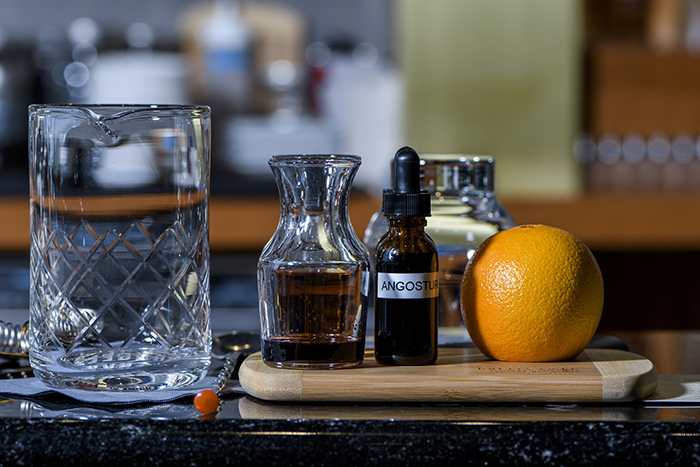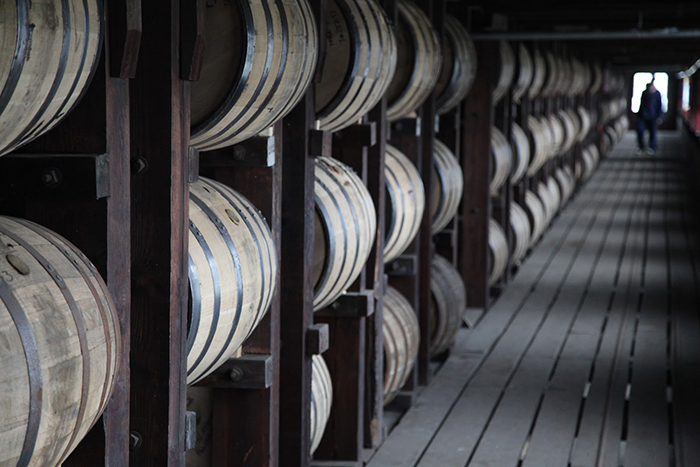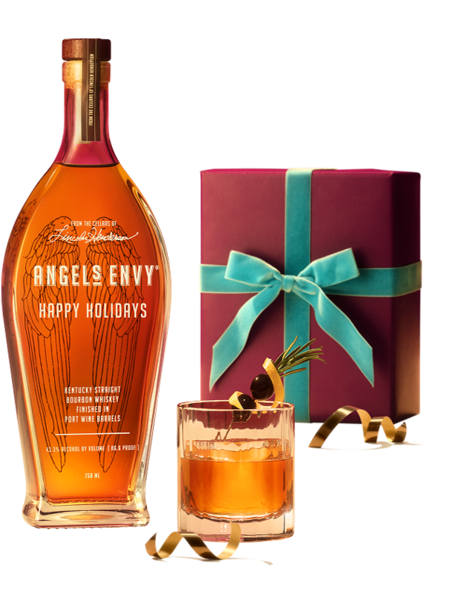Simply put, cocktails are delicious. They represent a sublime mingling of spirit, sugar, bitter and dilution with endless variations to create and imbibe. Naturally, any culture would be proud to lay claim to such an innovation, and many have tried. Perhaps none harder than America, and we make several excellent cases for having invented the term.
Simply put, cocktails are delicious. They represent a sublime mingling of spirit, sugar, bitter and dilution with endless variations to create and imbibe. Naturally, any culture would be proud to lay claim to such an innovation, and many have tried. Perhaps none harder than America, and we make several excellent cases for having invented the term.
America Makes Its Claims
Some claim that the phrase “cocktail” originated in New Orleans, where the creator of a well-known bitters by the name of Peychaud was known to serve a mixed brandy drink in a French egg cup called a ‘coquetier.’ Over time, fans of the beverage would westernize the pronunciation, eventually landing on ‘cocktail.’
Others believe that it originated with a New York inn keep by the name of Betsy Flanagan, who served her bracing concoction to tired patriots on the march between New York City and Albany. There’s another theory that states that bartenders used to pour their dregs into a single barrel, and budget-minded drinkers could order a pour from the spigot (also known as a cock). So in essence, they were being served the cock tailings. While others believe that the term originated in Maryland, based on a line from Washington Irving’s 1809 book Knickerbocker’s History of New York.
Looking Into the Past
It can’t be denied that the both the phrase and the drink itself were wildly popular throughout America by the mid-19th century, and even English luminaries like Charles Dickens considered it to be a uniquely American innovation. But sometimes, even Dickens gets the story wrong. To find the oldest mention of the term, we’ll have to go right back to England. Spirits scholar David Wondrich has conducted extensive research on the subject, and was able to trace the term back to 18th century England, predating any known mention of it in America. He discovered that as early as 1690, a London apothecary by the name of Richard Stoughton sold bitters, which he recommended be mixed with sweetened brandy. This is essentially the recipe for a simple cocktail, and it places the beverage, if not its name, squarely in England well before any documented mention in America.
Don’t Look a Gift Horse…
As to the phrase itself, ‘cocktail’ has a vulgar, slightly darker origin than its American attributors had put forth. Wondrich found the earliest mention in a text published in 1785 called A Classical Dictionary of the Vulgar Tongue, by Francis Grose. There’s no way to put this delicately, so here goes: a merchant selling a horse would want to get the best price for the animal, particularly if the beast was old and broken down. In order to liven the horse up, said merchant might insert a piece of spicy ginger into the posterior of the animal, which would cause the tail to perk up at a jaunt+F12:G19y angle—a sure sign of a healthy, spirited horse. In his book, Grose goes on to mention that the phrase is, “used figuratively for encouraging or spiriting one up.”
It’s no great leap, then, to imagine how ‘cocktail’ became associated with the mixture of spirits, sugar and bitters that we know and love today. Sometimes history is more dignified when left to the imagination, but if you dig back far enough, occasionally your answers can be found in the most unlikely of places.


